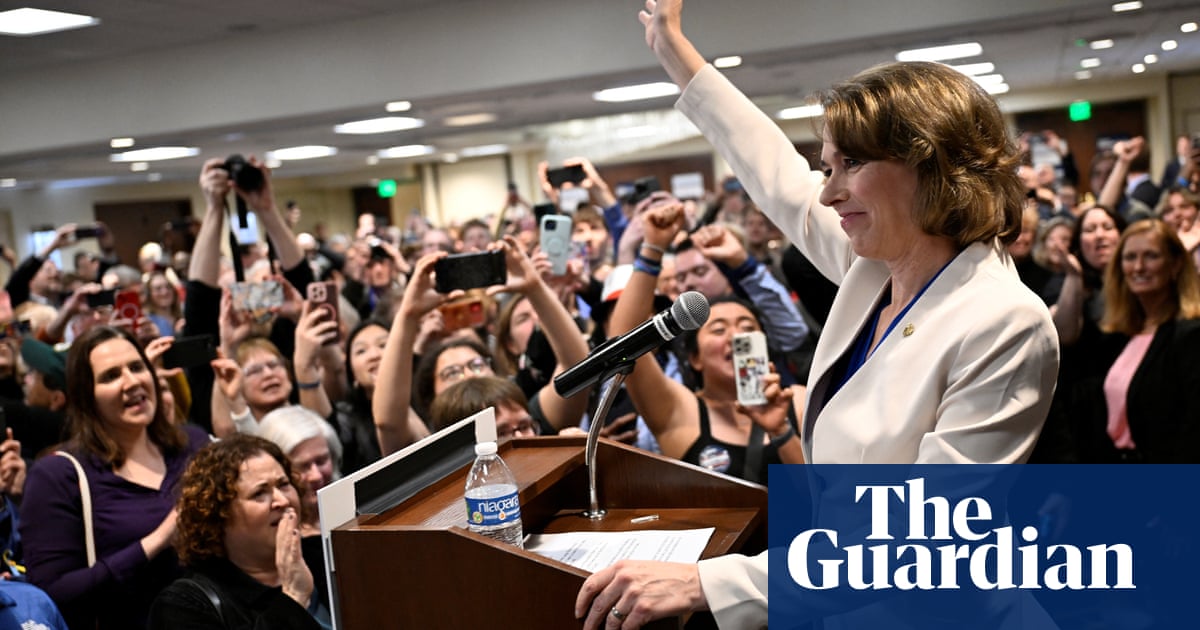Susan Crawford clinched a significant victory in the Wisconsin Supreme Court election, marking a notable win for Democrats. This race wasn’t just about one judge; many viewed it as a reflection of public sentiment towards influential figures like Elon Musk and Donald Trump.
Crawford, a liberal judge from Dane County, faced off against Brad Schimel, a conservative former attorney general. The stakes were high, as this became the costliest judicial election in U.S. history, with over $80 million spent. Musk’s backing for Schimel included millions aimed at influencing voters. In her victory speech, Crawford emphasized that democracy is not for sale and that Wisconsin citizens rejected an "unprecedented attack" on their justice system.
With about 84% of the votes counted, Crawford led Schimel by almost 10 percentage points. Schimel, after conceding, urged his supporters to accept the results, acknowledging that the numbers were not in their favor.
Musk responded on social media, suggesting that the election indicated a deeper corruption in the judiciary system. He claimed the results could have implications far beyond Wisconsin, potentially affecting voter ID laws and district redrawing that favors Republicans.
Turnout for the election was historic, particularly in Milwaukee, where polling places ran out of ballots as enthusiasm surged. Democrats used Musk’s involvement to energize voters who felt strongly against outside influence in local matters.
After it became public that Musk was heavily investing in Schimel’s campaign, grassroots support for Crawford increased. Many voters, like Jeannine Ramsey, expressed discontent over Musk’s attempts to sway the election with money, arguing that outsiders should not control local elections.
Historical context adds depth to this event. In the 2020 presidential election, Trump won Wisconsin by a mere 1%. This election’s outcome may signal a shift in voter sentiment, but experts caution against drawing sweeping conclusions from a lower-turnout judicial race. Ben Wikler, the chair of the Wisconsin Democratic Party, stated it would take time for Democrats to engage those who typically don’t pay attention to politics.
Nationally, the Democratic National Committee chairman praised the results, stating that voters had sent a clear message to wealthy influencers—stay out of our elections. Crawford, ready to begin her role on the bench, promised to deliver judgments that are fair and impartial.
This election serves as a critical reminder of the intersection between big money and local elections. As millions flow into these races, the question remains—how will this influence the future of democracy?
For further understanding of campaign finance and its implications, you can explore reports from the Brennan Center for Justice.









